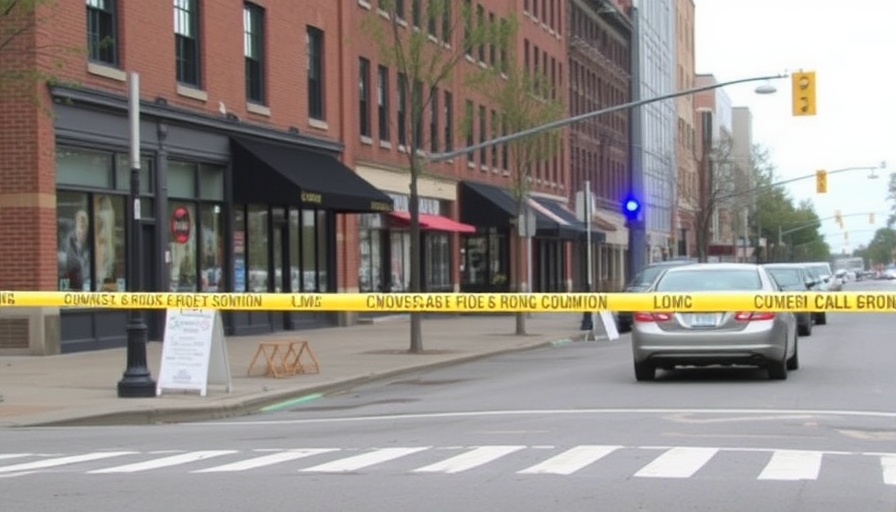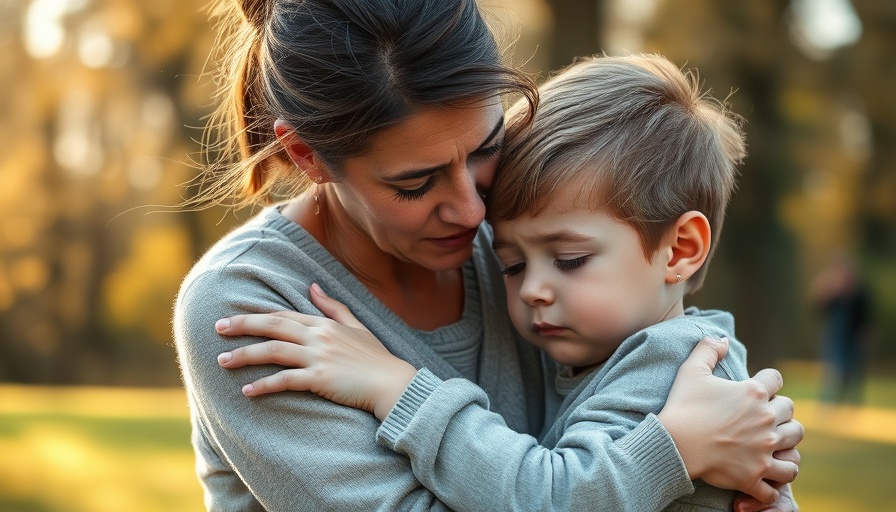
Cannabinoids: nature's answer to our sleep and energy woes
Let's get straight to it—sleep deprivation is rampant in today's busy society: long hours, stress, and the relentless buzz of technology leave many feeling exhausted. On top of that, relaxation often feels like a fleeting luxury. That’s where cannabinoids step in. These compounds, found in cannabis and hemp, offer intriguing effects that could help us reclaim our restful nights and refreshing energy.
Understanding cannabinoids: what are they?
CBD, CBN, THCv... these aren't just random letters creating confusion. Each cannabinoid plays a specific role. Want better sleep? Look for CBN. Need a boost of energy? THCv might be the ticket. Feeling anxious or achy? Enter CBD, a broad-spectrum relief option.
CBN: the sleepytime cannabinoid that works
CBN emerges when THC breaks down. Unlike THC, it doesn’t get you high, but it brings on the relaxation like a cozy blanket on a cold night. People are leaning towards CBN as a natural sleep aid, trying to shake off heavy-duty medications that often leave them feeling groggy. The market is booming: CBN-infused products are easily accessible—from gummies to tinctures—promising deeper sleep without the dreaded morning fog.
THCv: the energy cannabinoid that might surprise you
If you’re looking for a cognitive kick, THCv could be what you need. It’s touted as a focus enhancer, almost like a natural version of Adderall. Enthusiasts praise it for its appetite-suppressing qualities and its potential to energize without anxiety. Unlike conventional stimulants, THCv provides a smoother ride. But let’s be clear: it’s not a substitute for a good diet and proper sleep.
CBD: the calming classic that everyone talks about
CBD has become a household name, riding the wellness trend wave. It offers relief from anxiety and pain for many—though results vary by individual. For some, it's a game-changer; for others, it’s just expensive snake oil. The lack of regulation in cannabinoid products makes it tricky for consumers. Transparency and research are critical here. Seek third-party lab results to ensure proper dosage and quality.
Bridging science with personal experiences
While the science around cannabinoids is still maturing, anecdotal evidence is pouring in. Users from Massachusetts to California share stories of sleepless nights turned into restful slumbers, and energy slumps replaced with vibrant productivity. If you’ve struggled with sleep or energy issues, it might be worth joining that conversation. Just remember to start low and go slow; every person’s experience with cannabinoids can differ, and it’s essential to find what works for you.
Exploration and experimentation are key
Curiosity is your best friend in the realm of cannabinoids. Certain products may work wonders for someone else but not for you. Experimentation is how you find your sweet spot. Maybe you need CBN on the nights when you just can’t seem to shut your mind off, or perhaps THCv might be your go-to for those challenging midday slumps.
What the future holds for cannabinoid research
The conversation around cannabinoids is evolving. As more states legalize cannabis and attitudes shift, we’re bound to see increased research. The question is: will we harness their potential responsibly and effectively? With mounting interest in wellness, the business of cannabinoids is already shifting. When reputable studies provide solid backing, cannabinoids will likely earn a more substantial footing in the wellness realm.
Realizing the benefits of cannabinoids
Understanding how these compounds interact with our endocannabinoid system is crucial. They affect everything from sleep cycles to motivation levels. Cannabinoids like CBN and THCv provide hope for better sleep patterns and more effective energy management. For health-conscious folks in Massachusetts, exploring these options could transform how you approach wellness.
Have an instinct? Listen up!
Trust your intuition when it comes to cannabinoids. Many individuals in the wellness community are actively sharing their experiences, from online forums to local health fairs. Find a community, engage in discussions, and share your own journey. Be bold and try different products, and don’t shy away from voicing what works or doesn’t.
 Add Row
Add Row  Add
Add 




Write A Comment